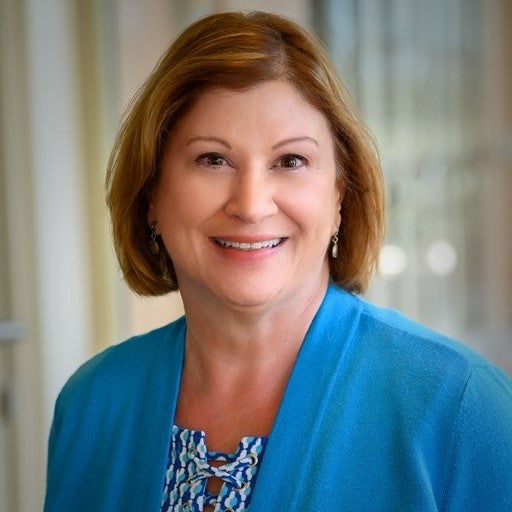
Editor’s Note: This page is a companion piece to the main article, How nurse leaders can drive healthcare innovation: Countdown to the 2025 OR Manager Conference. Dan Weberg, PhD, MHI, RN, FAAN, will be attending this year’s OR Manager Conference for the first time. OR Manager talked to him about…

Much like the Blockbuster video store chain had a choice to innovate before the rise of streaming, Dan Weberg, PhD, MHI, RN, FAAN, thinks healthcare is at a similar crossroads. As an ER nurse turned educator, executive, and innovation expert, Dr Weberg sees the 4 million nurses nationwide as being…

What happens when a veteran perioperative leader walks away from the 24/7 responsibility of hospital operations, but not from the work she loves? For Stephanie Davis, MSHA, RN, CNOR, CSSM, former vice president of surgical services at HCA Healthcare, it meant reshaping her role from full-time healthcare executive to expert…

The migration of surgical cases from inpatient settings to ambulatory surgery centers (ASCs) continues to reshape perioperative leadership in 2025. Nationally, the trend is driven by payer incentives, patient preference, and cost pressures, with ASCs now performing more orthopedic, spine, and complex outpatient procedures than ever before. In fact, the…

About the survey Data for the Career/Salary Survey were collected from April 1 to June 27, 2025. The list comprised ASC administrators who were either OR Manager subscribers or part of an external list. The survey closed with 90 responses. The margin of error is ±5 percentage points at the…

Editor's Note: This page is a companion page to the main article, "Survey: Staffing problems increase as surgical volume continues to rise." Most OR leaders (81%) report having a business manager. Historically, fewer than half had this position (42% in 2024, 37% in 2023, and 43% in 2022). The…

Takeaways • Most respondents reported an increase in the percentage of open positions for RNs and STs compared to 12 months ago. • Most respondents struggle to hire experienced RNs, yet time-to-fill positions has dropped, suggesting rapid but possibly unsustainable staffing shifts. • Leadership is getting younger (average age 38),…

In perioperative care, high-performing teams are critical to patient safety and workflow efficiency. Diversity in hiring is not only a matter of compliance—it directly influences care quality, communication, and innovation. A diverse healthcare workforce reflects the varied backgrounds of patients, which builds trust and cultural competency. Research shows that when…